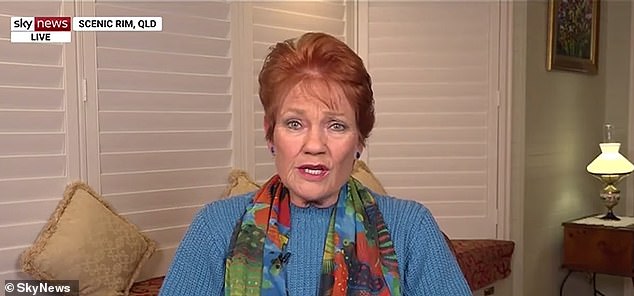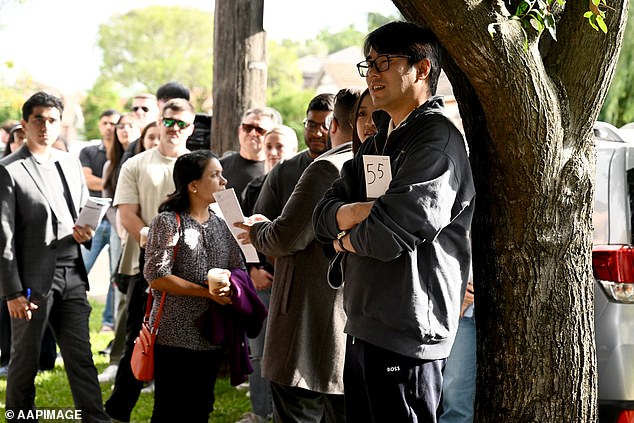
Minh Tam's choice to go back to Vietnam following eight years in Canada surprised her family and friends, who considered it a "wild plan."
At the age of 30, Tam had a secure job and a stable life in Canada. She stated that she didn't encounter any difficulties in adapting to Canadian society, except for a persistent sense that, over time, she never truly felt she belonged.
Living by herself, she spent her days conducting research at a university and her evenings and weekends working a part-time job at a shopping mall. There were weeks when she worked seven days straight, starting early and coming back late. Her daily routine involved purchasing roasted chicken, vegetables, and bread from the supermarket.
"A life that is lonely and monotonous," she says.
Tam's choice to go back to Vietnam was shaped by two significant events. While visiting her homeland in 2023, she experienced a strong sense of longing as the plane touched down at Hanoi's Noi Bai Airport.
"Only after I stepped into my homeland did the yearning emerge," she remembers.
The second incident took place when she had a dream in which her parents were weeping and begged her to remain. After waking, she looked out the window at the moving delonix trees and understood that, just like the blossoms, she was part of Vietnam.
Tam is a member of an increasing number of returning migrants—individuals who previously lived abroad but chose to come back to their native country. According to theMigration Profile VietnamA report from the International Organization for Migration indicates that approximately 500,000 Vietnamese individuals return to their home country from overseas annually, with 25,000 of them being former emigrants.
This movement is gaining momentum in tandem with Vietnam's economic development and higher quality of life.
 |
| Vietnamese people living abroad were welcomed by their families at HCMC's Tan Son Nhat Airport in January 2025 as they returned home for the Tet Lunar New Year. Photo by VnExpress/Quynh Tran |
Nguyen Thi Huong, following years spent in the United States and Australia, also decided to come back to Vietnam, living by herself in a home located in District 8 of Ho Chi Minh City.
The former nurse was left to care for two daughters by herself after her husband passed away. Following her retirement, her children encouraged her to move abroad with them. She relocated to California in the United States in 2019, feeling assured that her English proficiency and friendly nature would enable her to adjust swiftly.
However, she quickly experienced a sense of loneliness. In the United States, her daughter, son-in-law, and grandchildren were occupied with their jobs. Although there was a significant Vietnamese population, it was spread out, and individuals were too preoccupied to engage with one another.
In an effort to fight loneliness, she began taking the bus to a local supermarket, where she met staff who were cold and uninterested, making her feel excluded. This situation caused her to stop going out and interacting with others.
One day, as she was seated in a park, a woman accidentally handed her $10, believing she was in need. This moment caused her to break down emotionally, reinforcing her choice to go back to Vietnam.
Hương's second daughter then invited her to Australia, but life there was also disappointing. The speed of life was too rapid, the housing conditions were inadequate, and her only responsibility was cleaning the yard.
"I felt so isolated that I collected every leaf individually and hesitated to rake them, worried that there would be no more leaves left and no more tasks to occupy me," she remembers.
After spending three months in Australia, Huong was determined to return to Vietnam. In 2023, she came back, renovated her home, and split it into two sections—one for her residence and the other for leasing to a pho restaurant.
Now she takes pleasure in observing people arriving and departing, engaging in conversations in front of the store, and experiences a feeling of calm. Although she needs to have her medications by her bed and her phone nearby for emergencies, Huong states: "For me, this life is what truly feels like living."
A study from the United Nations Department of Economic and Social Affairs highlights that numerous second-generation Vietnamese immigrants experience a sense of not fully belonging in their host countries, which leads some to choose to return to Vietnam. In the U.S., 60% of Vietnamese Americans continue to face challenges with language difficulties, cultural adaptation, and social standing.
Dr. Catherine Earl, a social anthropologist affiliated with RMIT University Vietnam, suggests that various elements play a role in reverse migration, beyond just challenges in adjusting to life overseas.
Her studies indicate that in the 21st century, migration is no longer a single-direction process, but involves continuous movement between various locations, such as home countries, places of study, work, marriage, and child-rearing.
Numerous immigrants end up in a state of uncertainty, not completely fitting into any nation. If they are not adequately prepared, they might encounter culture shock and feel out of place regarding language, cuisine, faith, weather, and daily habits in a different country. Some become disheartened when the actual experience falls short of their hopes, while others modify their aspirations after uncovering fresh possibilities, such as going back to their native countries.
Return migration highlights not only individual decisions but also shortcomings in policies concerning education, job opportunities, and cultural adaptation, she states.VnExpress. If Vietnam's education and employment policies are not enhanced, this may result in additional relocation, leading to inefficient use of human resources, interruptions in family ties across generations, and restricted participation on the global stage.
On the other hand, if suitable policies are implemented, returning migrants could have a beneficial impact on the nation's growth.
Thanh Binh, who spent two decades in Regensburg, Germany, chose to go back to Vietnam in 2023.
 |
| Thanh Binh during his journey across Vietnam. Photo provided by Binh |
Having moved at the age of 10, he is fluent in German and slowly adjusted to Western life. He encountered racial discrimination and school violence, but the majority of his time in Germany was spent in a favorable living environment with steady employment.
Nevertheless, he consistently experienced a sense of emptiness and emotional dissatisfaction that he only encountered in the profound ties of Eastern relationships.
"I began questioning where I genuinely fit in," he states.
Following the death of his close friend in Germany, who left him a message to "live true to your dreams," Binh chose to go back to Vietnam.
This choice came as a shock to his family and friends, particularly since he was near finishing his doctoral studies and had secured a teaching job at a renowned German university. He promised his family that he would give life in Vietnam a two-year test period, with the possibility of returning if circumstances didn't improve.
"At worst, I would gain the experience of residing and working in my native country, which I have always desired," he states.
But when he reached Vietnam, he realized he didn't want to go back.

